Cultural Appropriation Scandals: 16 Times the Line Was Crossed in Pop Culture
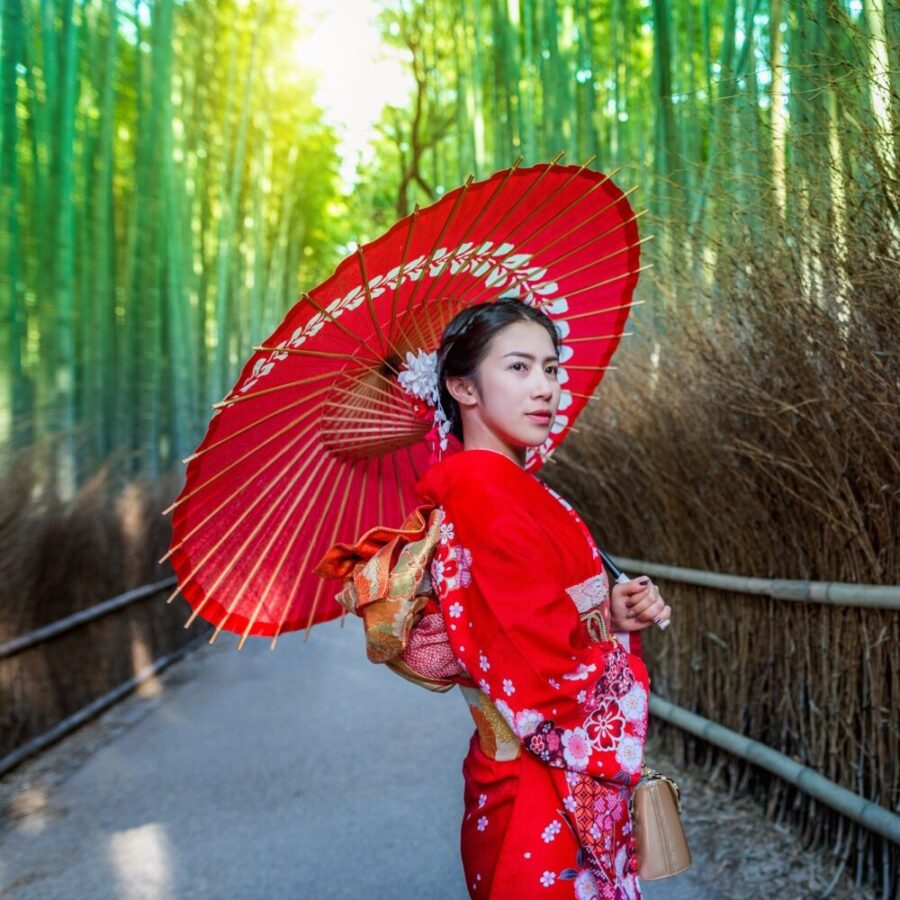
123RF
Cultural appropriation is a contentious issue that often sparks heated debates. When celebrities borrow elements from other cultures without understanding their significance or context, it can lead to accusations of insensitivity or outright theft.
For many critics, cultural appropriation tactics by celebrities can feel like they are wearing a culture as if it were a fetishized costume for personal benefit without appreciating context or culture. Here are 16 examples of celebrities who have faced accusations of cultural appropriation.
Bruno Mars
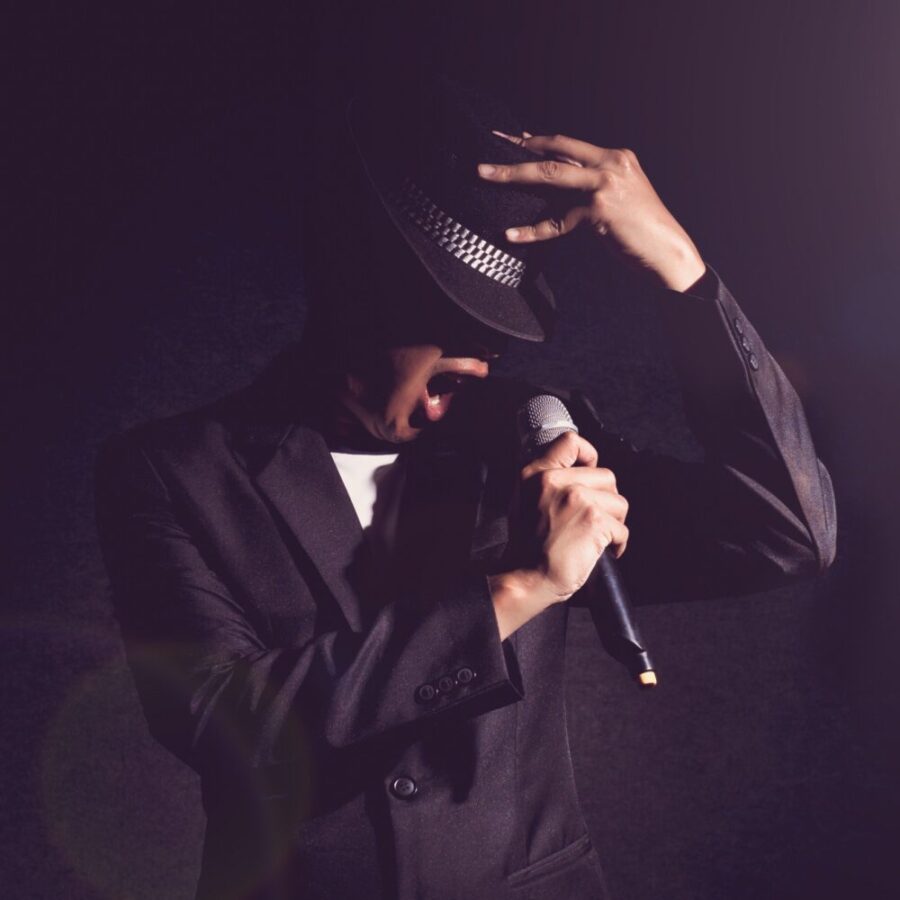
123RF
Singer, producer, songwriter, and multi-instrumentalist Bruno Mars has been accused of cultural appropriation since the beginning of his career. Mars perfected a music identity influenced by pop, old-school rhythm and blues, funk, and soul music that instantly resonated with fans. However, since he is born of mixed Puerto Rican, Jewish, Filipino. And Spanish heritage, critics counter that Mars uses his cultural ambiguity to benefit off of black music. Mars however has always credited his musical influences and inspirations.
Katy Perry
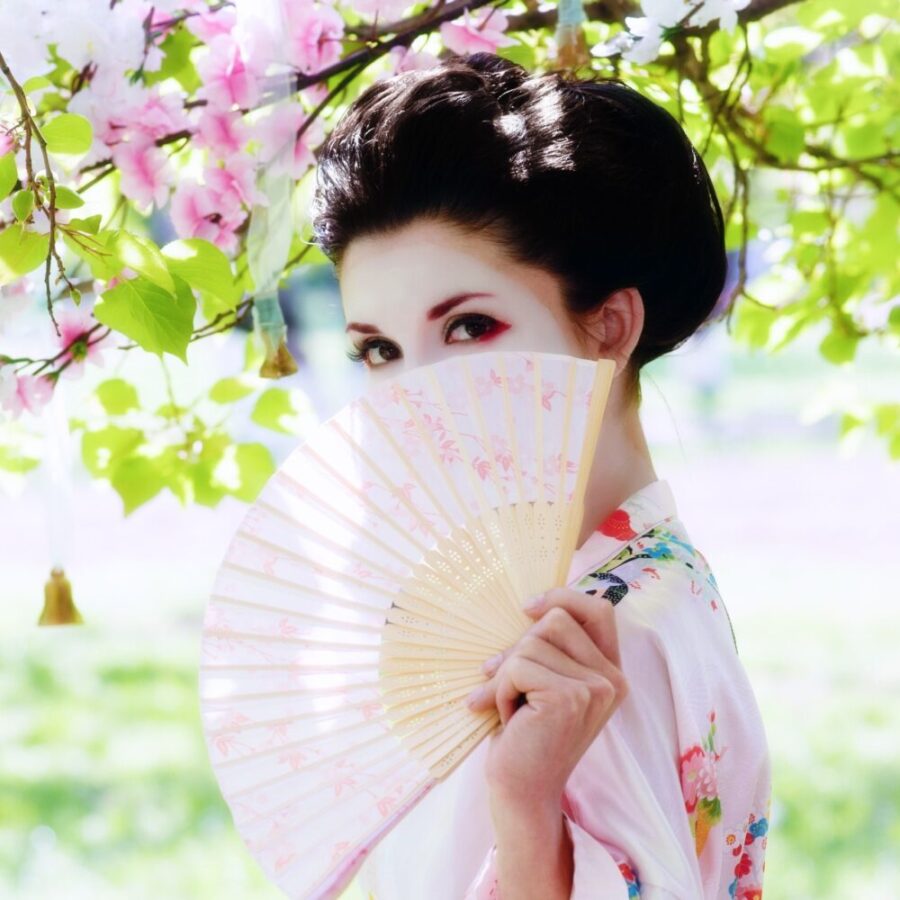
123RF
Pop superstar Katy Perry has been hounded by critics for her cultural appropriation tactics throughout her career. Perry was criticized for appropriating Japanese culture at the 2013 American Music Awards for appearing in full Geisha makeup and costume. The charge was levied against Perry again in 2014 for wearing cornrow braids in her music video, “This Is How We Do.”
Iggy Azalea
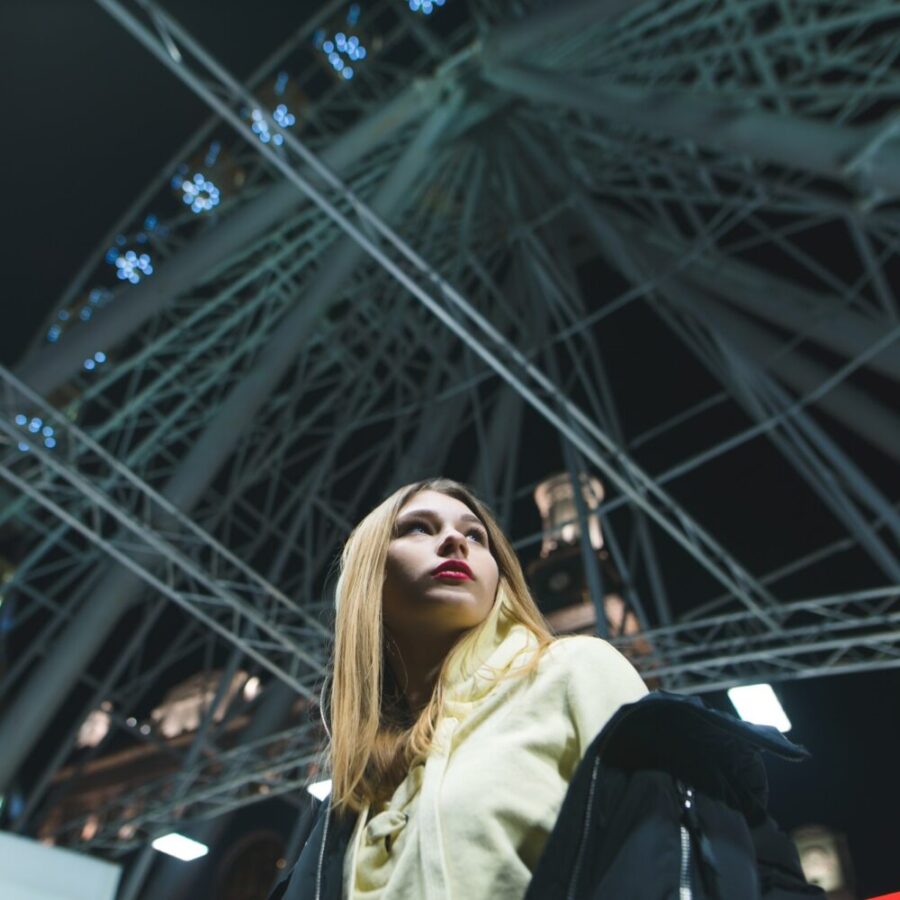
123RF
Iggy Azalea moved from Australia at the age of 16 to the United States to become a rapper. She soon signed a record deal with rap icon T.I, became a noted name in rap had several song hits in the 2010s. Her success has cooled since and many critics believe it is partially because of cultural appropriation. She eradicated her Australian accent, spoke and rapped in a “blaccent,” and wrapped herself entirely in black culture to succeed in rap without acknowledging it.
Eminem

123RF
Eminem has cemented his legacy as one of the most successful and influential rappers of his generation. The white rapper has always faced accusations of cultural appropriation throughout his career for succeeding in a predominantly black music form. However, in 2022, new generations of online fans accused the rapper of cultural appropriation for dressing up as a Mexican Mariachi singer in the 2004 video “My Band,” from his band D12.
Awkwafina
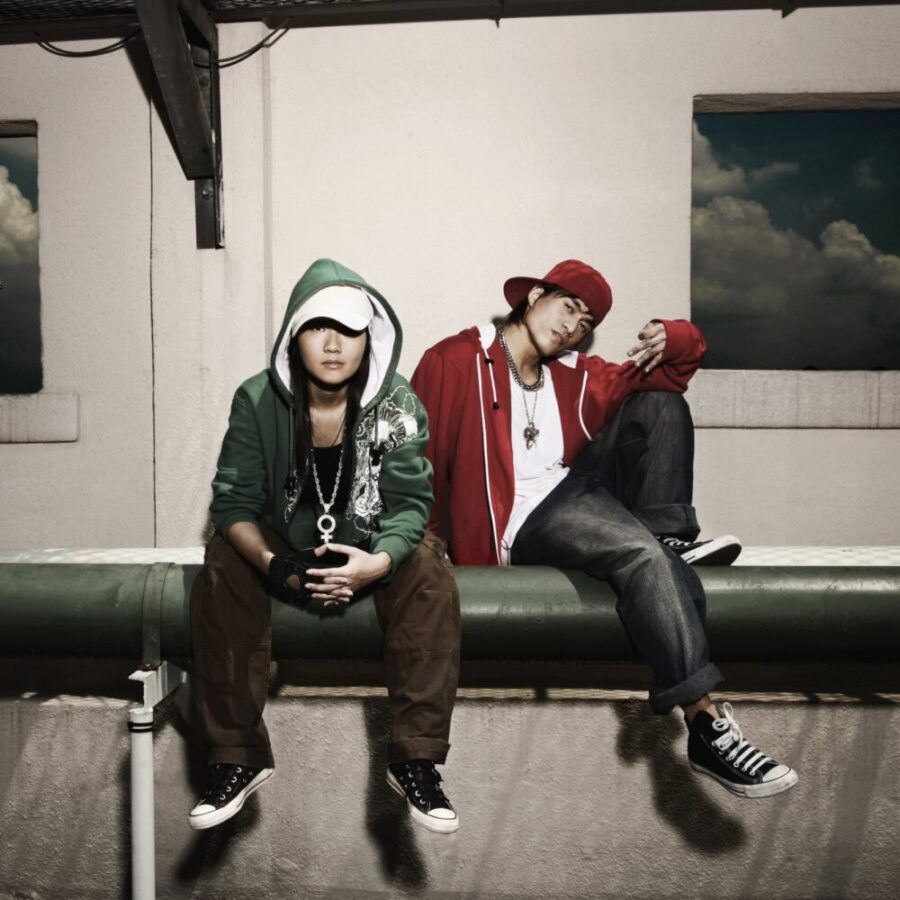
123RF
Nora Lum, also known as Awkwafina, is a self-made celebrity who started out making comedy skits and rap songs in the 2010s. She is noted for speaking in a strong blaccent in her early comedy skits and rap songs which she ditched after achieving breakout success, a fact that Lum publicly acknowledged in 2022 following critic accusations of cultural appropriation. Critics looked over the fact that Lum grew up in Forest Hills, Queens in New York City as a toddler exposed to a diversity of cultures and influences.
Justin Bieber
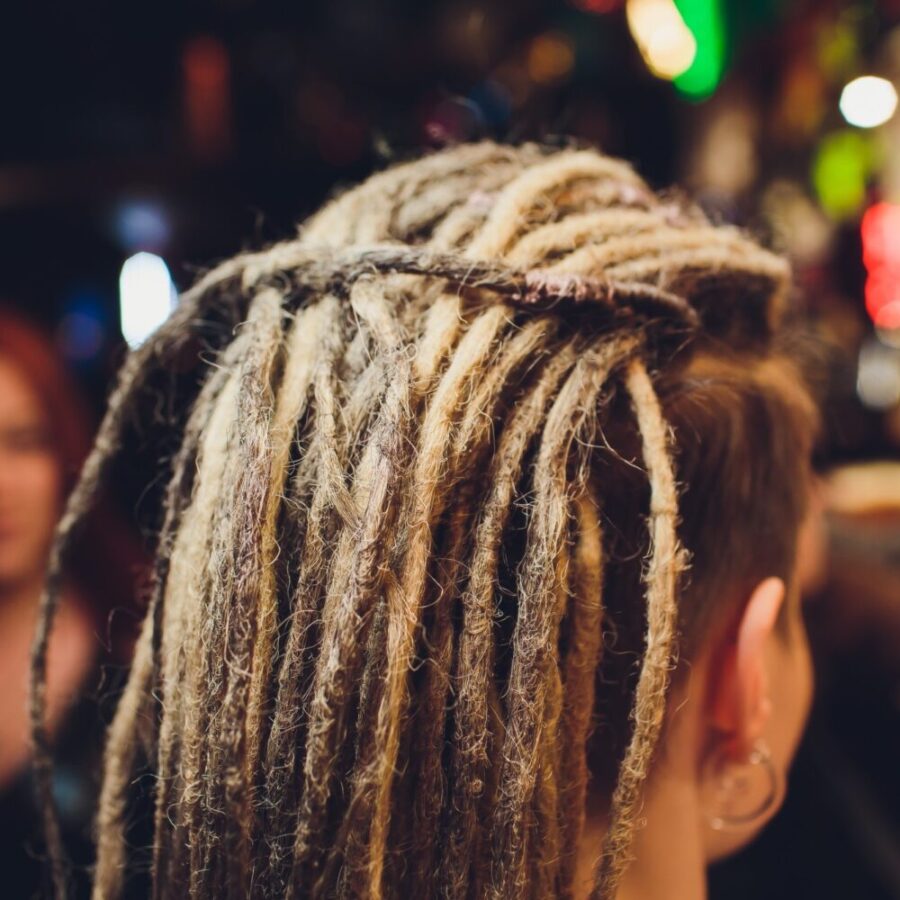
123RF
Justin Bieber is a superstar pop singer who has been ragged by several accusations of cultural appropriation since entering adulthood. The first scandal occurred in 2016 when Bieber showed off cornrow braids in a social media pic. An online firestorm of criticism erupted in 2021 when Bieber posted pics of his blonde dreadlocks on social media. Critics argue that while Bieber can exploit the culture without consequence, many others are discriminated against for wearing dreadlocks.
Zac Efron
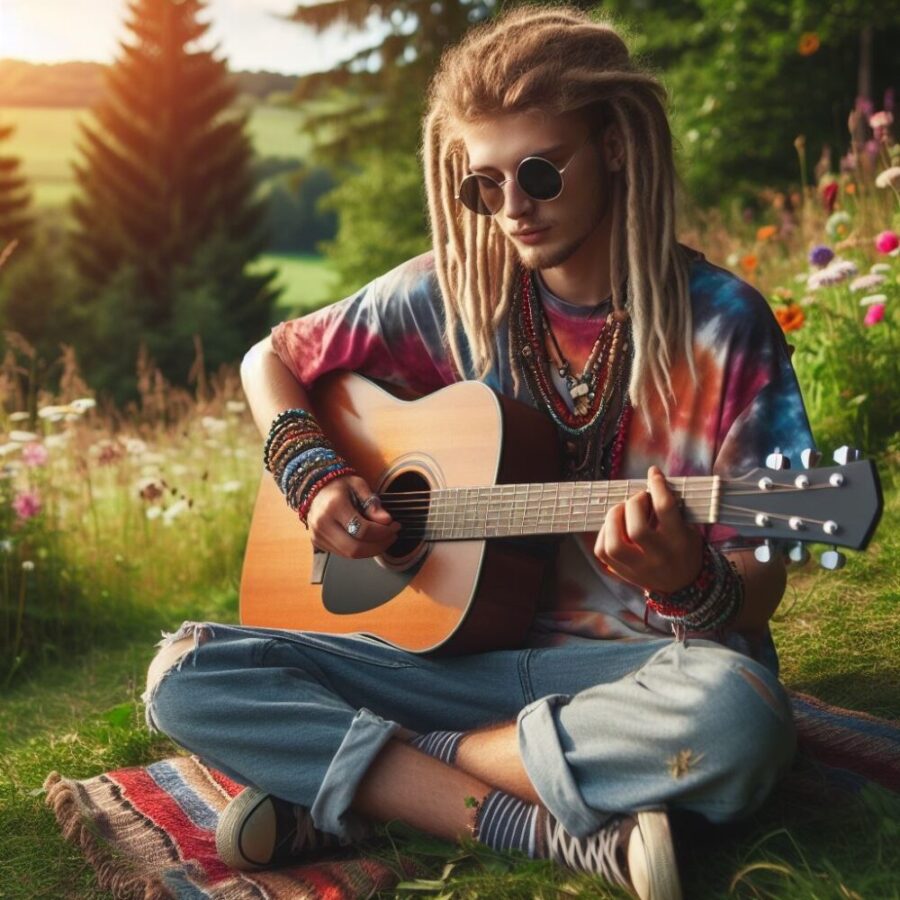
DALL-E
Zac Efron sported blonde dreadlocks in a social media post in 2018 that resulted in criticisms of cultural insensitivity and cultural appropriation. While anyone is free to wear any hairstyle that they want, critics counter that some ethnicities and races can’t wear dreadlocks without encountering discrimination. It has been legal in the United States for employers to refuse to hire people with dreadlocks since 2016; the same court ruled that it shouldn’t be considered discrimination either.
Lil Nas X
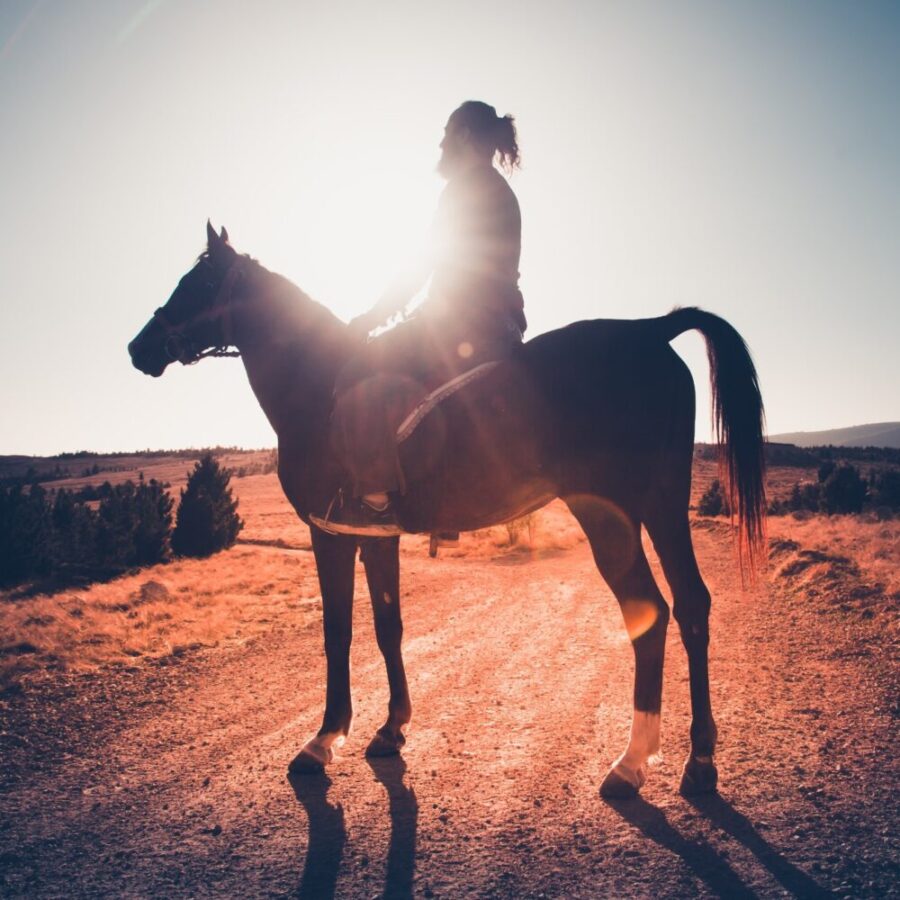
123RF
Lil Nas X’s “Old Town Road,” became a pop sensation in 2018 and launched his controversial career. Critics have accused him of cultural appropriation since the beginning. Many critics feel that X appropriated country music culture for his own ends without being true to its roots and cultural tenets. Country music fans boycotted the songs and Wrangler jeans after the company used the song in a 2019 commercial.
Beyoncé
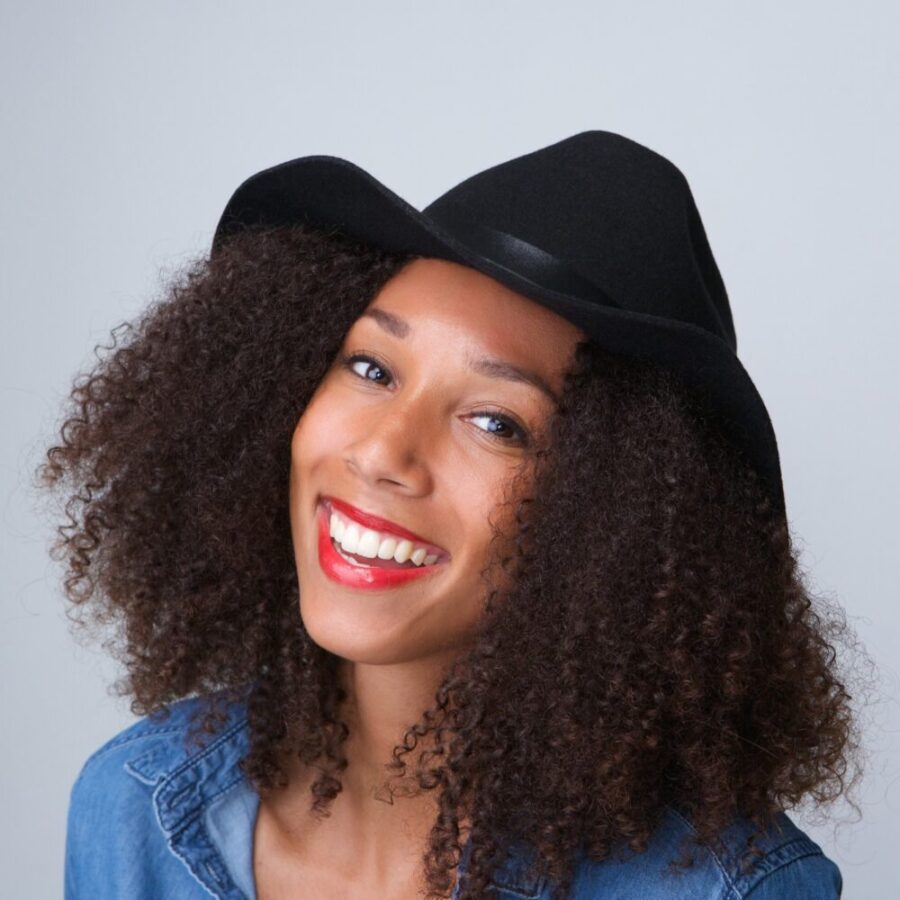
123RF
Beyoncé made music history as the first black woman to top the country music charts in February 2024. The iconic singer changed her wardrobe in recent months to reflect her transition to country music. Country music fans and purists have become enraged online and accused the singer of culturally appropriating country music for her own ends, not because she respects the culture.
Ariana Grande

123RF
Pop star Ariana Grande is reportedly of Italian descent but has long been accused of the cultural appropriation of black music and culture to succeed. In 2021, the singer was accused of culturally appropriating the facial aesthetics of Asian people in a social media photo. Grande’s makeup and tilted head position gave the illusion of an Asian appearance that online critics pounced upon.
Taylor Swift
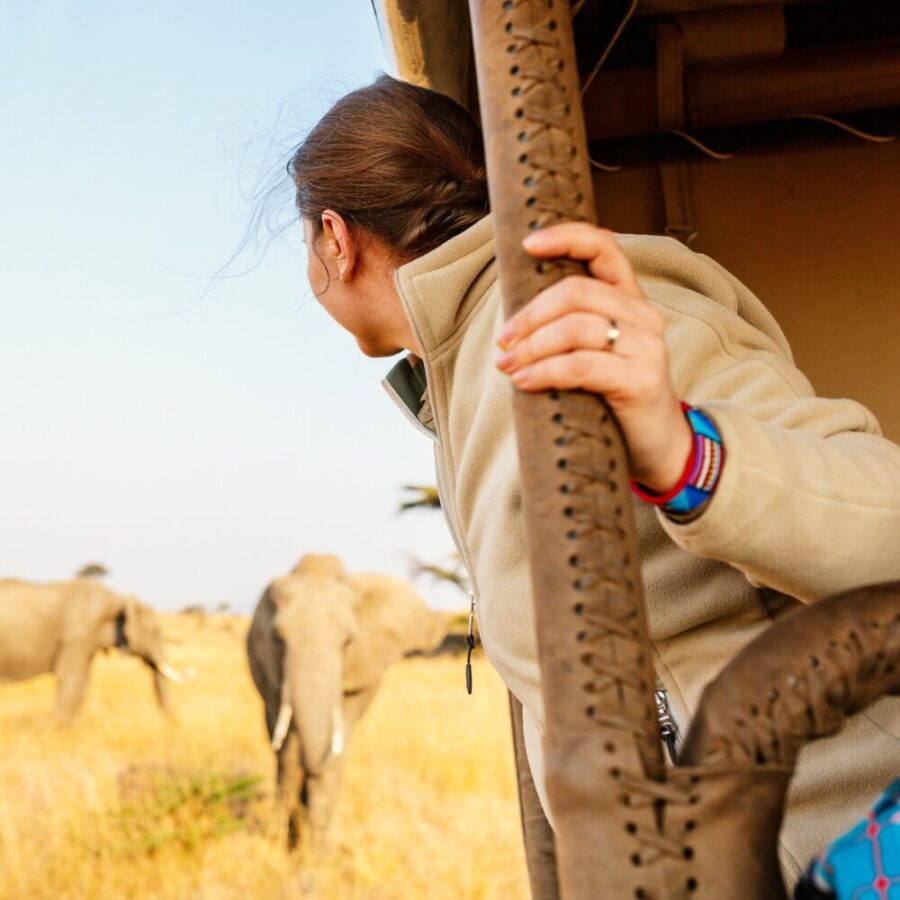
123RF
Billionaire pop icon Taylor Swift weathered a minor cultural appropriation firestorm in 2015 with the release of her video, “Woldest Dreams.” The video featured Swift and actor Scott Eastwood as lovers and actors on a film shoot in 1950s Africa. Critics lambasted the video for not featuring many Africans and using the trope of colonial-era lovers using the African continent as a background prop for their romance.
Emma Stone

123RF
In 2015, Emma Stone was accused of cultural appropriation for starring as a character of mixed Chinese descent in the film Aloha. Stone’s character was named Allison Ng, and Ng was described as being of mixed Chinese, Hawaiian, and Swedish descent. Critics wondered why an Asian actress was not considered for an Asian role.
Scarlett Johansson
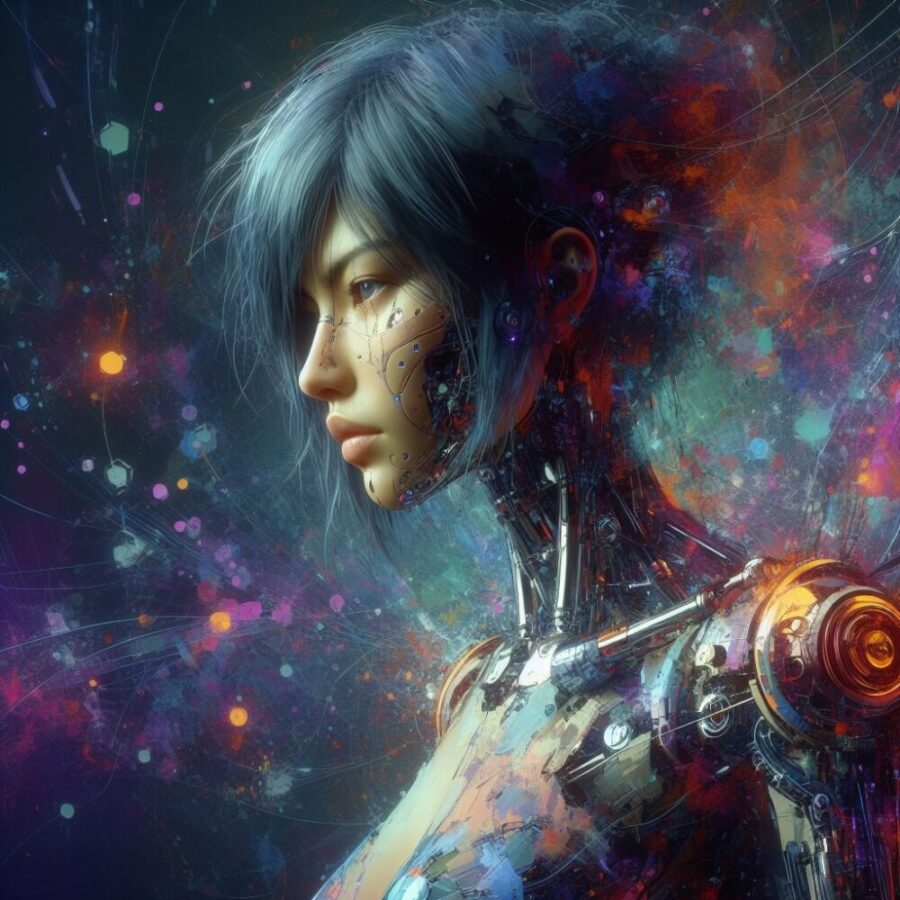
DALL-E
Scarlett Johansson’s 2017 film Ghost in the Shell is based on a legendary 1995 Japanese anime film about a cybernetic police force and a global culture blurring the line between humans and machines. Johansson was cast as the main character, Motoko Kusanagi, which sparked accusations of cultural appropriation. There were also some 2016 reports that the filmmakers were considering using “digital yellowface” CGI to make Johansson aesthetically look Japanese, but opted not to do so in the end.
Tilda Swinton
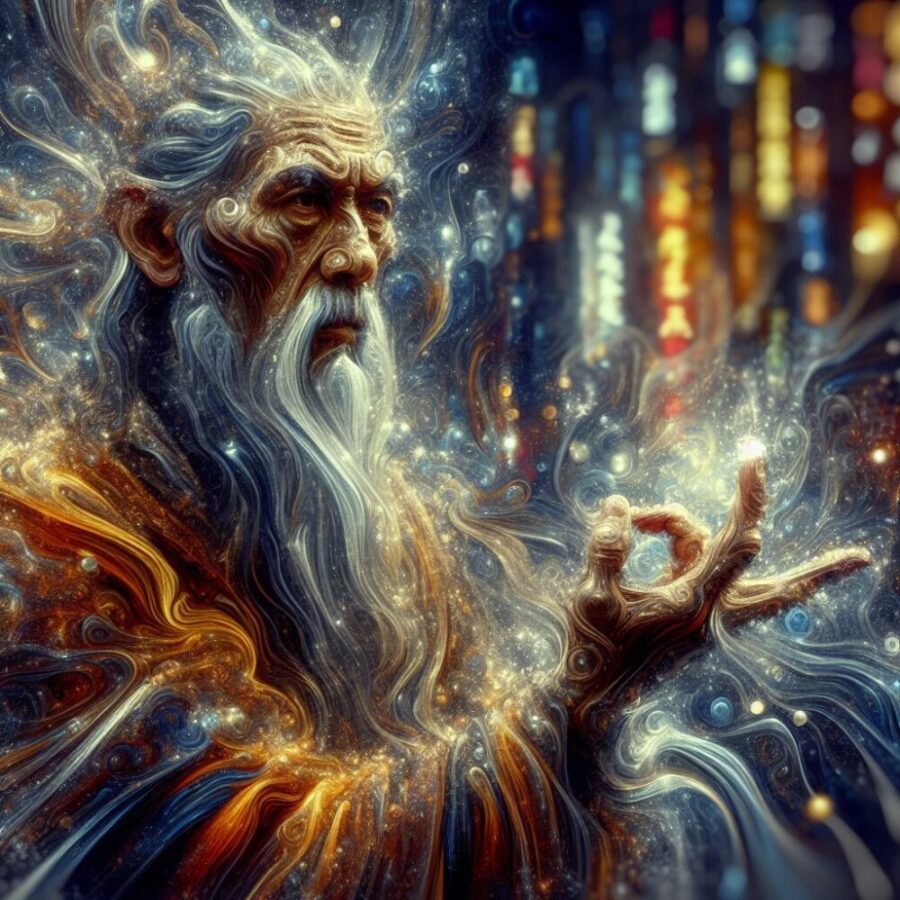
DALL-E
In the 2016 MCU film Doctor Strange, Tilda Swinton was cast as The Ancient One, a powerful sorcerer who taught Strange all of his skills. Accusations of cultural appropriation and character whitewashing were growing when Swinton was cast since the Ancient One is a male, Asian, and Tibetan character in the comic books. Marvel President Kevin Feige publicly acknowledged that casting Swinton as The Ancient One was a mistake in 2021.
Pharrell Williams
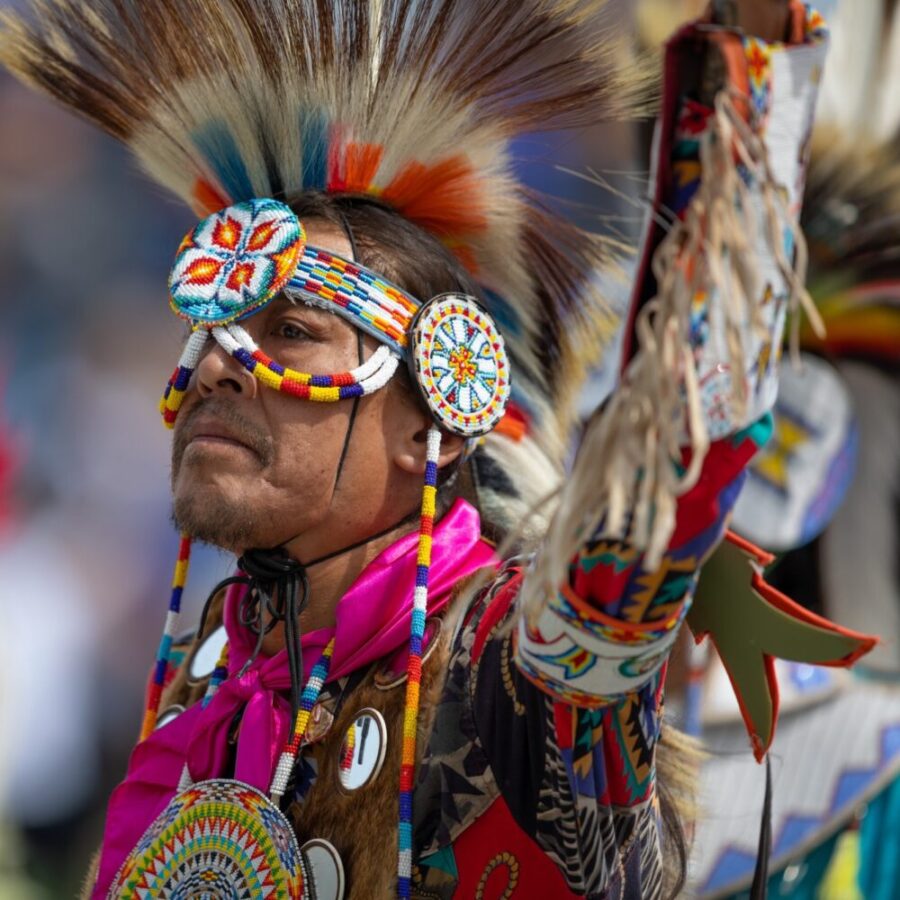
123RF
Music superstar Pharrell Williams was accused of culturally appropriating the culture of Native Americans in 2014. Williams appeared on the cover of Elle magazine wearing a traditional Native American feather headdress. Williams was criticized for not appreciating the fine line between being inspired by a culture and appropriating its fashions and customs like a costume.
The Main Cast of the 2016 Film Gods of Egypt
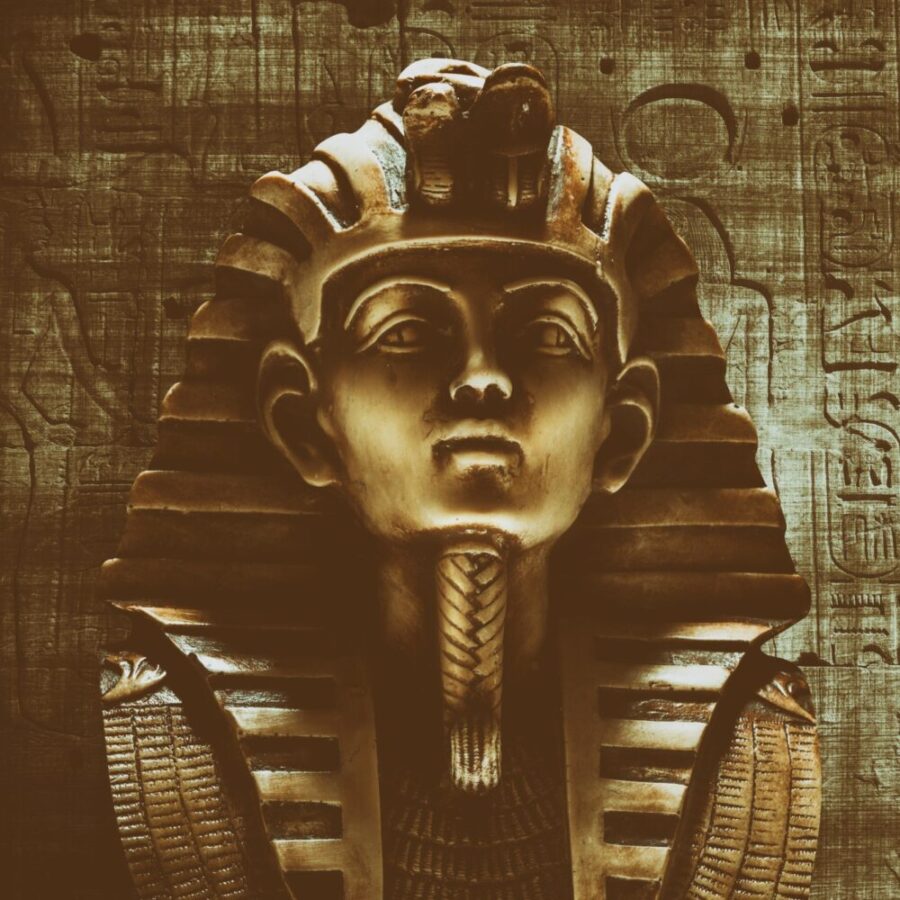
123RF
The film Gods of Egypt, which is set in ancient Egypt, was lambasted by critics for featuring a predominantly white cast. The film stars Caucasian actors Nikolaj Coster-Waldau, Geoffrey Rush, Brenton Thwaites, and Courtney Eaton as powerful and warring Egyptian Gods. Director Alex Proyas and film studio Lionsgate publicly apologized for the whitewashed casting in 2015 when the film was announced.
There is Always a Fine Line Between Cultural Appropriation and Appreciation
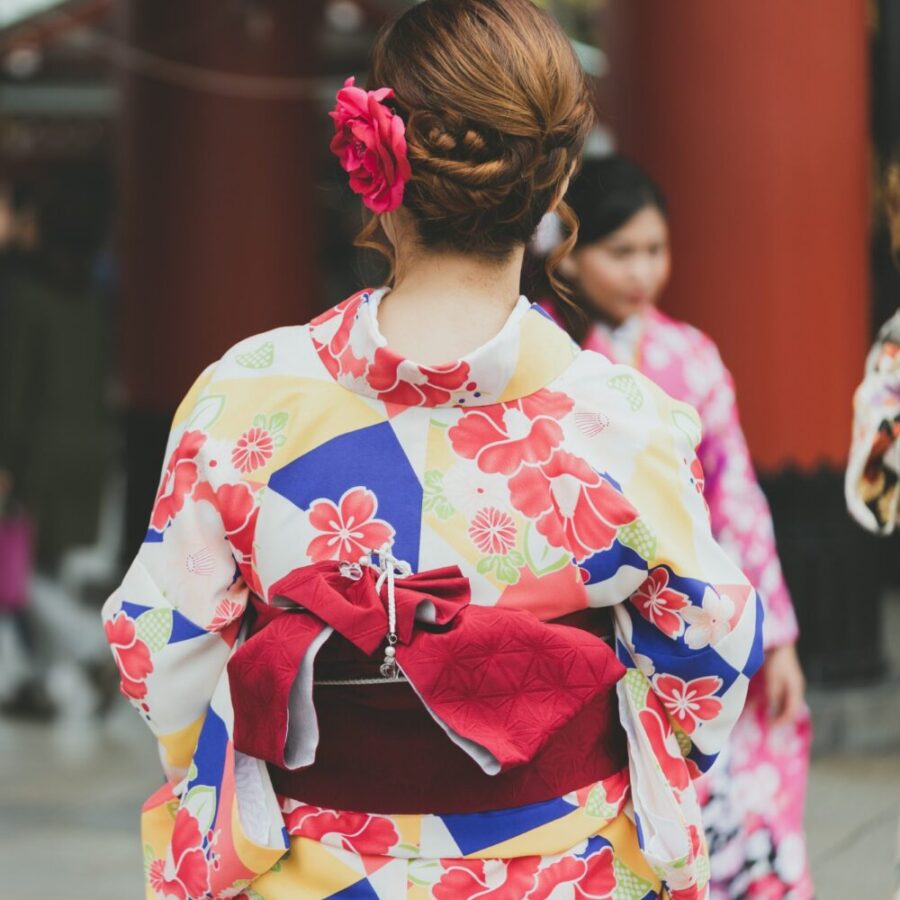
123RF
These examples highlight the need for celebrities to be mindful of the cultural symbols they use and the impact they can have on audiences. As artists, they have a responsibility to educate themselves and approach cultural inspiration with respect and understanding.
Cultural appreciation involves learning and celebrating, while cultural appropriation often lacks context and sensitivity. Let’s strive for a more informed and respectful when appreciating other cultures. Let’s all foster awareness and encourage respectful dialogue about the issue.
Read More
17 Everyday Behaviors That Psychologists Say Are Bad for Your Mental Health
20 Lifestyle Choices That Are Unique to Millennials

Allen Francis is a full-time writer, prolific comic book investor and author of The Casual’s Guide: Why You Should Get Into Comic Book Investing. Allen holds a BA degree from Marymount Manhattan College. Before becoming a writer Allen was an academic advisor, librarian, and college adjunct for many years. Allen is an advocate of best personal financial practices including saving and investing in your own small business.

